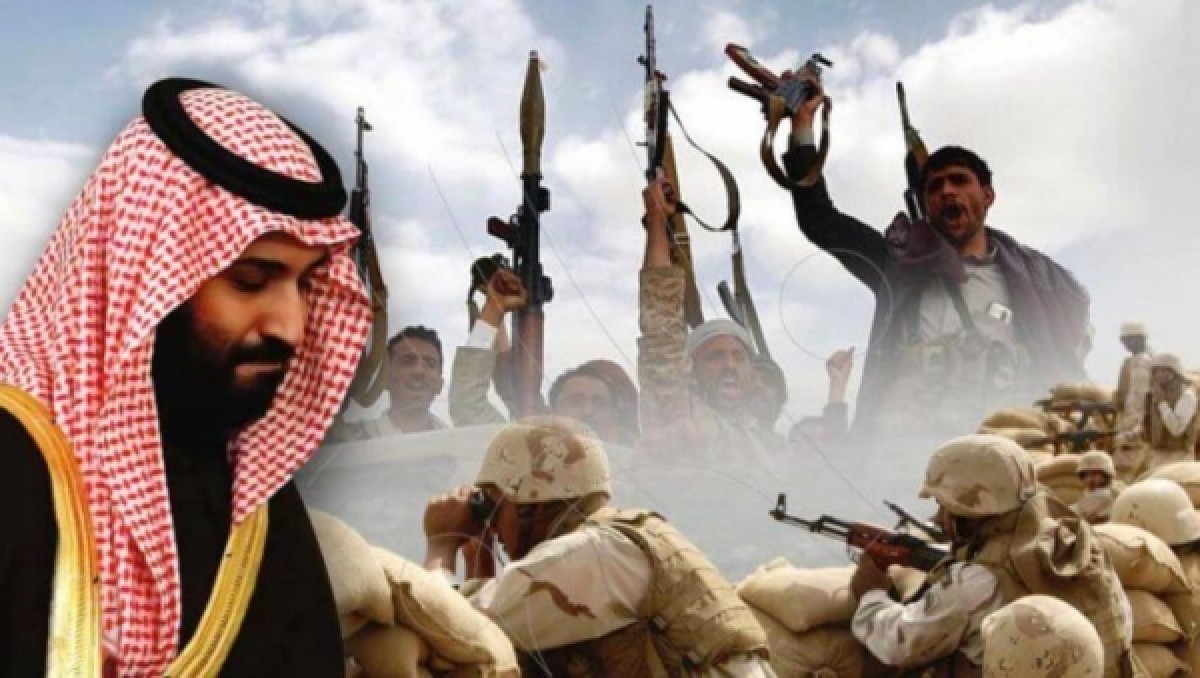Before a possible "Israeli" attack... Iran threatens Saudi Arabia with the Houthis


Reuters, citing an Iranian diplomat, confirmed that Tehran sent a clear message to Saudi Arabia. That its Houthi allies in Yemen and others in Iraq may respond if there is any regional support for the Israeli occupation against Iran.
Three Gulf sources told Reuters that the Gulf states are pressuring Washington to prevent Israel from attacking Iranian oil sites. Because it is concerned that its oil facilities may come under fire from Tehran's agents if the conflict escalates.
She explained that the Gulf states, including Saudi Arabia, the Emirates, and Qatar, also refuse to allow Israel to fly over their airspace for any attack on Iran as part of its attempts to avoid being caught in the crossfire, and informed Washington of this.
For days, Israel has threatened to launch a major and widespread attack on Iran. In response to the missiles it recently fired at several areas in the occupied Palestinian territories.
Maariv newspaper said that the Israeli mini-ministerial council (cabinet) is meeting tonight to discuss the Israeli response to the Iranian missile attack.
This comes as the Saudi Crown Prince, Mohammed bin Salman, discussed with the Iranian Foreign Minister, Abbas Araghchi, the latest developments in the regional situation, following Iranian threats to respond to the Gulf states if they use their airspace or military bases against Tehran.
According to the Saudi "SPA" agency, the meeting, which took place in Riyadh, discussed the efforts made towards the regional situation, as these discussions come after the Houthis threatened to target American and British interests in the region.
For his part, Araqchi said - according to the Iranian IRNA agency - that he held very important talks with Bin Salman on vital issues of common concern, noting that the Israeli occupation, which threatens to launch an attack on Iran, is dragging the entire region into disaster.
p>